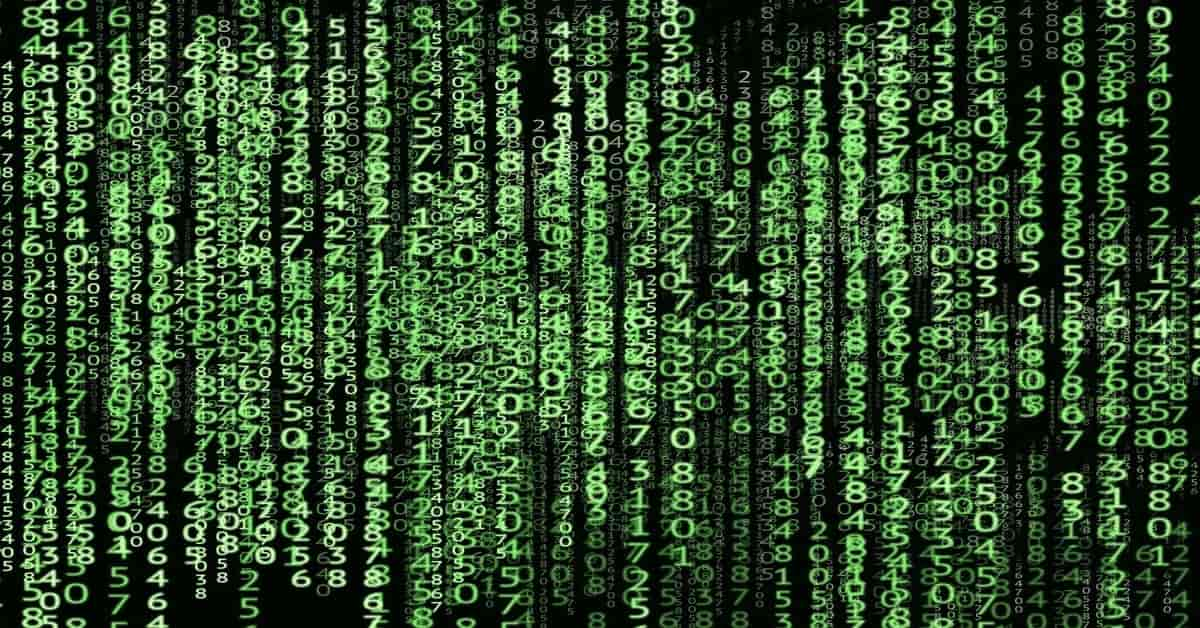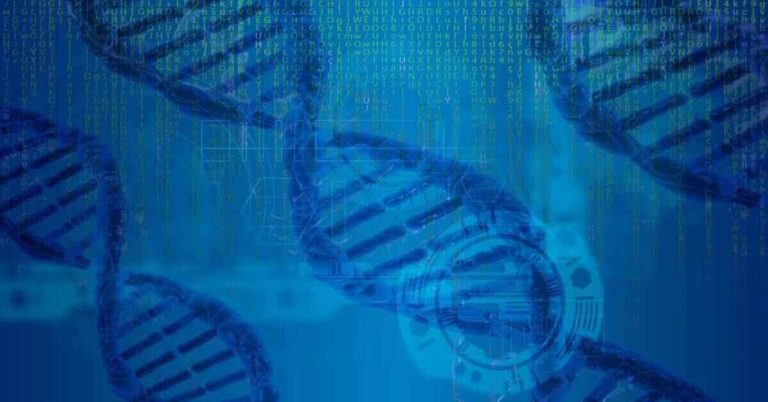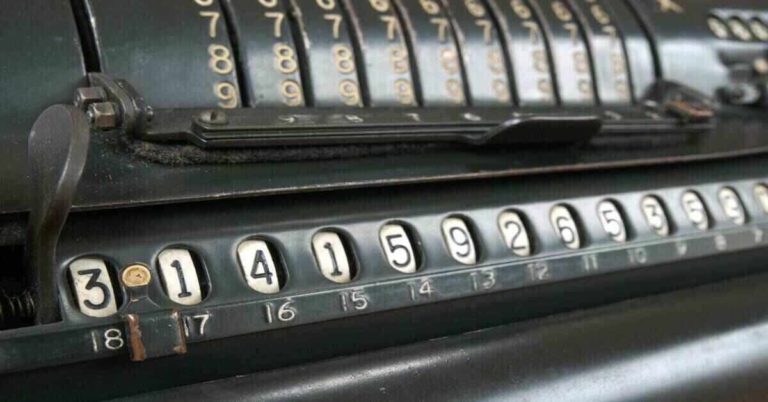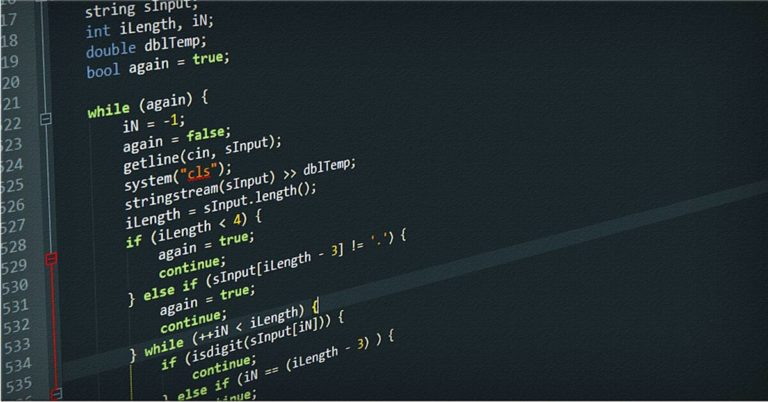What Is (Not) a Random Number?
What most people mean by a random number in everyday talking is that every number appears with equal probability, but let’s see scientific view on random numbers.
Before you continue reading article, please pick the random (natural) number between 1 and 10 (1 and 10 included) and write it in the comments below.
I am guessing that slightly below 50% of readers chose 7 as a random number. Why? 1 and 10 you will not choose because they definitely don’t sound random, you will not choose any of the even numbers that are left because, let’s be real, even number does not sound very random … You will not choose 5 because 5 is the “middle” between 1 and 10, of course it is not random. 9 does not sound random enough, it is divisible by 3, it is not a prime number, and it’s “too small”. We are left with seven as the “most random” number in the segment between 1 and 10.
Is there anything random in number 7, of course not. Did we pull it in the “draw” above in a random manner? It’s obvious we didn’t. Is there anything random in any number you choose? No. If someone tells you choose a random number and you say 5, how do we know that number is random? You were asked to choose a random number again, You say 5 again, how do we know that the second 5 is more or less random than the first one? The randomness is not in the number itself that is selected, but in the sequence of numbers from which it was selected. If I say “2” there is nothing random in number 2, but if I have a string 1, 2, 5, 8, 9 and pull 2 from it, then 2 sounds random enough.
Can we call computer for help, it probably knows how to choose a random number … Well, it doesn’t, or better said it can’t. By definition, computer is discrete digital finite determined automata. To explain this definition, we would need much more space (and time) than is available in this article, but even by reading the definition without going into too much detail, it is clear that nothing happens randomly there. The computer works according to some algorithm. An algorithm is a set of uniquely defined steps that give some result for some input data. Certainly, for the same input the same result must be obtained.
So, we need the algorithm that generates a series of numbers that looks like it is random sequence of numbers. The algorithm is defined by some mathematical formula in which we insert some “random” variable, e.g. the number of seconds that have elapsed since a fixed date. That way we always have different “random” numbers because the number of seconds is always different. Such sequences of numbers generated by the computer are called pseudorandom number sequences.
If we want really random number we will have to contact physicists, who will then take some random process in nature, say radioactive decay, and use a Geiger counter connected to a computer to get random number. Do not try this at home! 🙂





